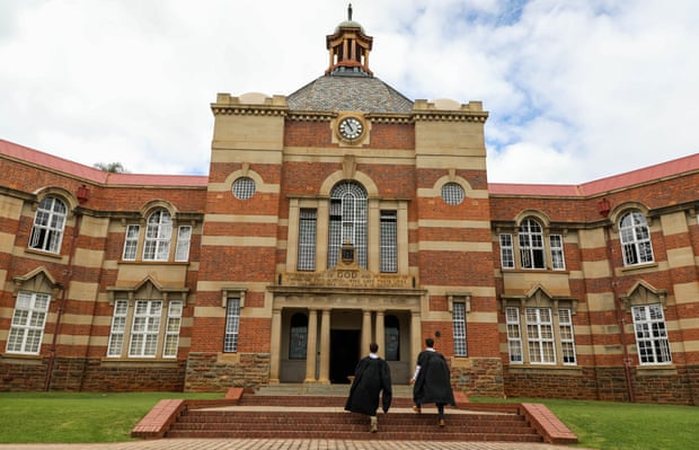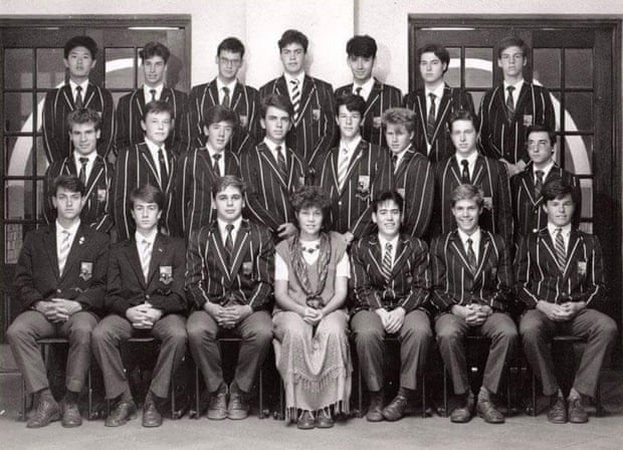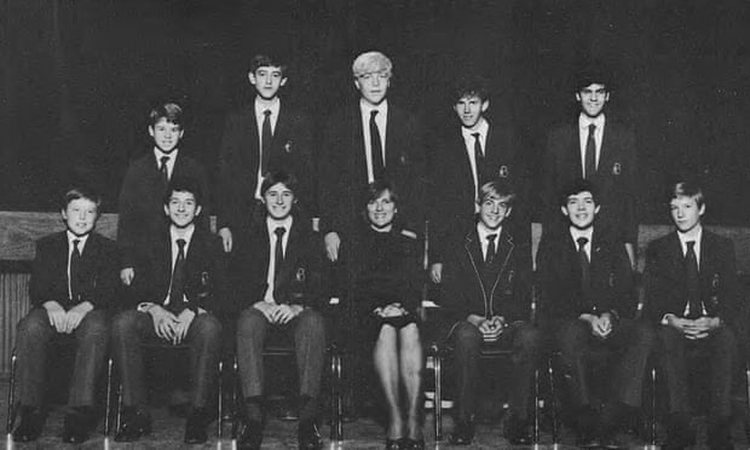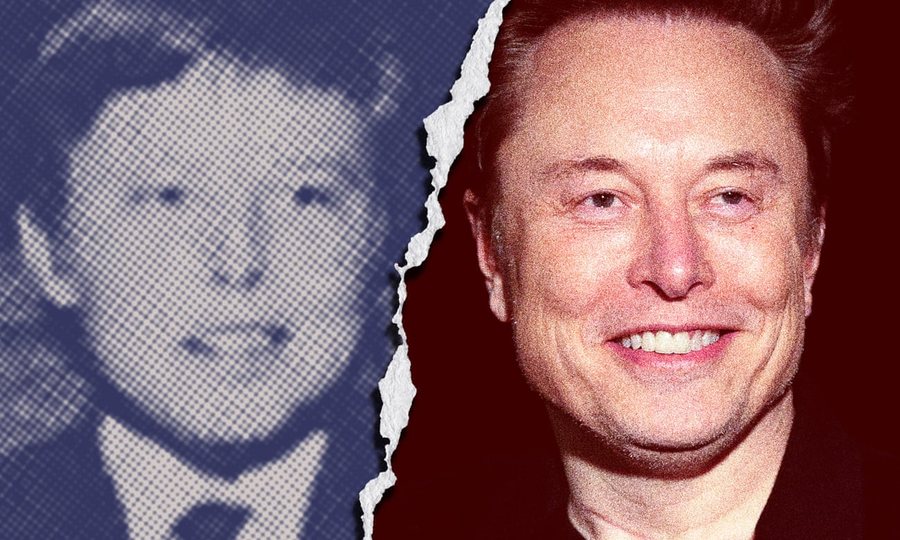
Elon Musk, one of the most powerful men in American politics and global business, spent his youth in a South Africa divided by apartheid. He grew up in Pretoria, where he attended white schools and was exposed to a system that favored a privileged minority.
Childhood in a changed reality
Musk was born in 1971 in Pretoria and spent his formative years at a time when South Africa was undergoing great upheaval. Even as the country was on the brink of change, life in white neighborhoods like Waterkloof was quiet and prosperous, while the majority of the population suffered from discrimination and poverty.
Musk initially attended Bryanston High School in Johannesburg, where he experienced severe bullying, culminating in an incident in which he was beaten so badly that he ended up in the hospital. After this episode, he transferred to Pretoria Boys High School, a more liberal institution for the time, where he integrated more easily with other students.
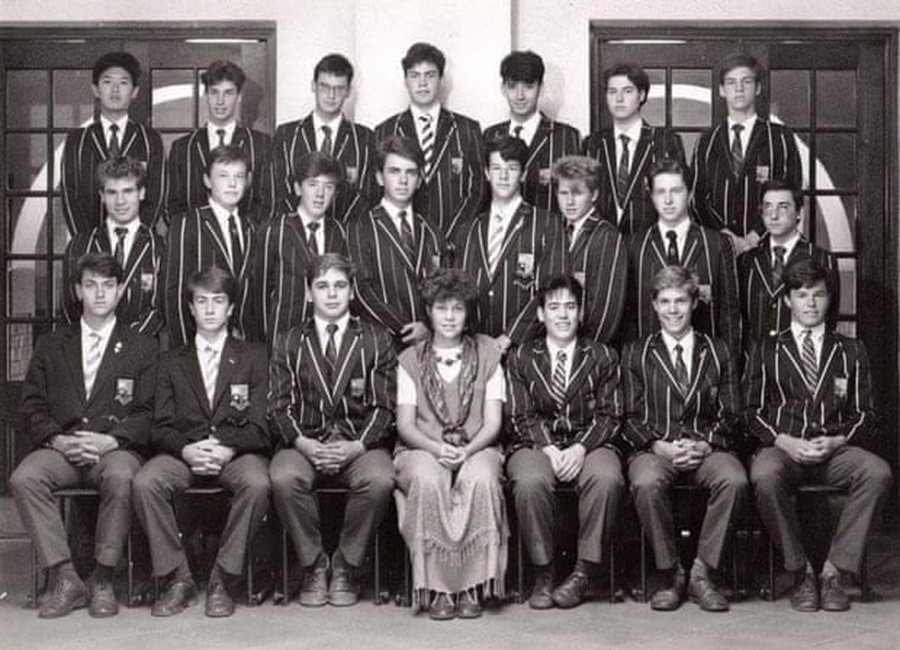
The impact of family and Apartheid
Musk's father, Errol Musk, has openly expressed nostalgia for the apartheid era, claiming that "people lived in harmony and there was no crime." The relationship between Musk and his father has been difficult, with allegations of verbal and emotional abuse. His brother, Kimbal Musk, has said that Errol often demoralized his sons by calling them "worthless" and "incompetent."
Additionally, Musk's maternal grandfather was a supporter of a political movement in Canada that promoted technocratic rule and had fascist leanings. This may have influenced Musk's later attitudes toward democracy and authoritarianism.
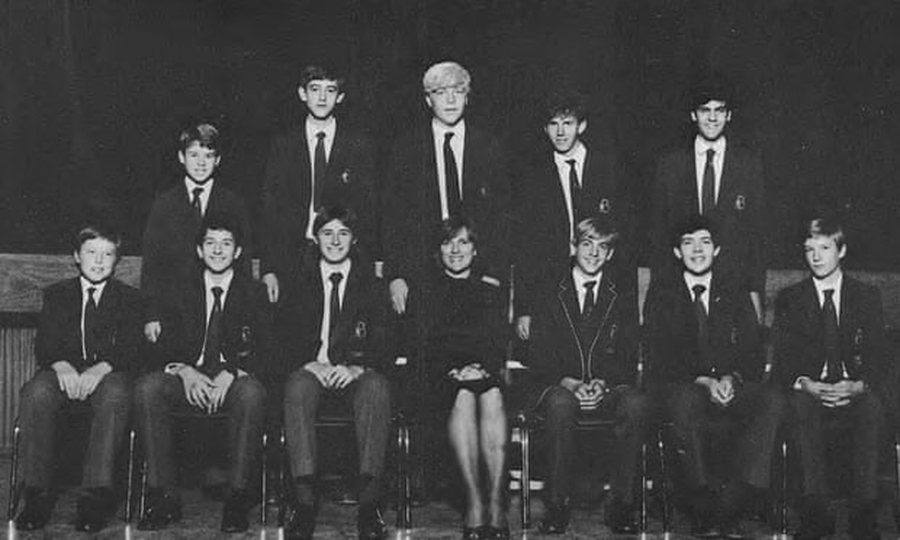
Musk's approach to politics and South Africa
Musk has said on his social platform X that South Africa's affirmative action laws are "blatantly racist" against white people. He has supported unsubstantiated claims that white farmers in South Africa are being persecuted and has opposed land reforms that aim to correct historical inequalities.
Recently, President Donald Trump signed an executive order accusing the South African government of “unfair racial discrimination” against white Africans. The decision, which includes cutting off US aid to health programs in the country, may have been influenced by Musk, given that he is now a close Trump adviser.
Musk has business interests in South Africa, including efforts to bring his Starlink satellite network to the country. He has opposed rules requiring 30% of investments in the telecommunications sector to go to businesses owned by people of color. Trump's decision could put pressure on the South African government to make concessions to Musk.
The impact of Apartheid on Musk
Although Musk has distanced himself from his South African roots, it remains unclear how much his childhood experiences have influenced his current political views. He once supported Democratic candidates in the US, but has now switched sides, embracing Trump's policies and supporting right-wing parties in Europe.
Many of his former schoolmates speculate that the fact that he left South Africa in 1989 caused him to miss the historic moment of the fall of apartheid and the triumph of Nelson Mandela in 1994. As South Africa today faces huge economic inequalities and high crime rates, many whites feel marginalized by affirmative action policies, a sentiment that Musk has repeatedly articulated.
However, political observers argue that claims of "persecution" of whites in South Africa are not supported by the facts. Most killings of white farmers, according to studies, have criminal rather than political motives. (A2 Televizion)

